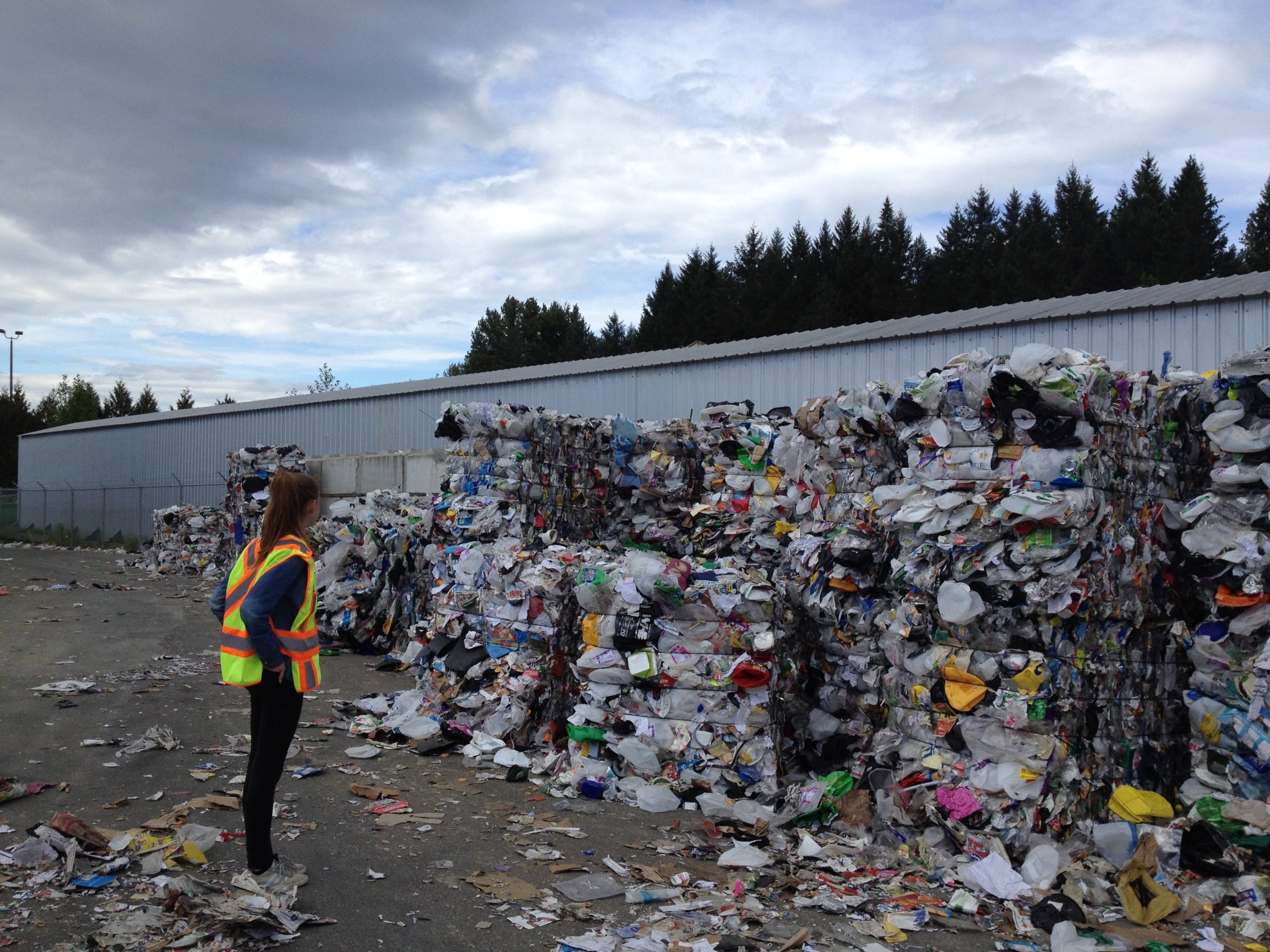Irish minister launches new waste action plan for a circular economy

Ireland has confirmed it will introduce new targets to tackle waste issues and move towards a circular economy under a new strategy announced by the Minister for Communications, Climate Action and Environment.
The plan involves reducing food waste by 50% by 2030, introducing a deposit and return scheme for plastic bottles and aluminium cans, a strict ban on particular single use plastics from July 2021 and a levy on disposable cups.
Other measures including creating a select number of green and circular economy steps in public procurement, a waste recovery levy to increase recycling rates and ensure packaging is either reusable or recyclable by 2030.
By 2050, our resource demands will completely outstrip our availability based on current trends. A movement towards a circular economy presents the opportunity for a sustainable alternative and is a critical step in working towards climate targets. The proposed action plan will position Ireland in a leading position within the EU sustainability agenda. The new policy will enable Ireland to move past simply managing waste and to a position where the nation can determine the use of resources and rethink product design to reduce waste generation of goods.
The Minister explained that the existing model of production and consumption is simply unsustainable in regards to resource use, waste disposal, climate change and biodiversity loss. The Minister emphasises that we need to focus our attention on our resources, how we produce, use and dispose of products. This new plan will do exactly that and explore how these steps can benefit the people and the planet.
A new circular economy will offer new opportunities in terms of new jobs and sustainability for the years to come. Every industry and business across Ireland will have a part to play in the shift towards a circular economy. Focusing on awareness, informed decisions and shared responsibility, Ireland can transform into a market leader in generating environmental, social and economic benefits.
The key objectives of the action plan include the following:
Move the focus from waste disposal and treatment to ensuring materials’ productive timespan is longer, preventing waste and supporting further re-use via a specific framework.
Ensure profitable producers of disposable goods are environmentally accountable for the materials released on the market.
Ensure all measures support sustainable economic models
Focus on utilising the influence from all industries including the voluntary sector, regulatory bodies and other relevant organisations.
Provide a supportive and clear strategy for the waste industry, including a more empowered position for local authorities.
The Minister recently signed three regulations that will collectively form the legislative framework for circular economy plans. A new waste management (circular economy) bill will be launched for other national measures.
All News
